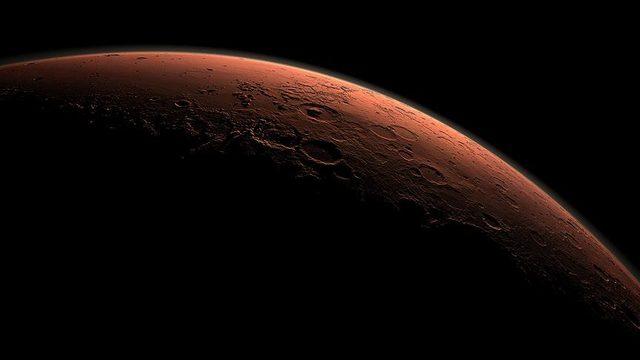According to the news of Sky News, in a study published in the journal Nature, it was stated that the rotation of Mars accelerated due to the possible change in its mass, which caused the Martian days to get shorter.
MARS DAYS SHORTENED TO ONE THOUSANDS OF SECOND
It has been recorded that the rotation speed of Mars increases by 4 milliarcseconds (the unit of angle used to measure distances between stars in astronomy) every year, and therefore, the days of Mars are shortened by about a thousandth of a second.
NASA scientists observing these changes think that the ice that accumulates at the poles of the Red Planet or the rebound experienced when the land masses under the ice are exposed after the ice age.
NASA emphasizes that such changes in the mass of a planet can cause the planet to accelerate, just as the spin rate increases when an ice skater closes her open arms while spinning.
INSIGHT GROUND VEHICLE ON MARS AND “DEEP SPACE NETWORK” DATA USED IN THE RESEARCH
Using the first 900 days of data from the InSight ground vehicle on Mars, scientists detected the change in rotation speed.
The detection was achieved by the collaboration of InSight and NASA’s “Deep Space Network”, the international array of giant radio antennas on Earth.
A radio signal was sent to InSight with the “Deep Space Network” antennas, and the rotation speed of Mars was determined by monitoring the frequency changes in the signal sent back by the vehicle.
Sebastien Le Maistre, the team leader of the research, stated that the change was “only a few tens of centimeters in the distance traveled by Mars in a year”, “Even seeing these changes takes a long time and a lot of data to be collected.” said.
Scientists think that examining the data InSight collects can take many years and a lot of new information can be obtained.
The communication between NASA and InSight was cut off when its power ran out as a result of dust covering the solar panels, and the vehicle’s mission was terminated on December 21, 2022.
InSight has been on the surface of Mars for 4 years. (AA)
